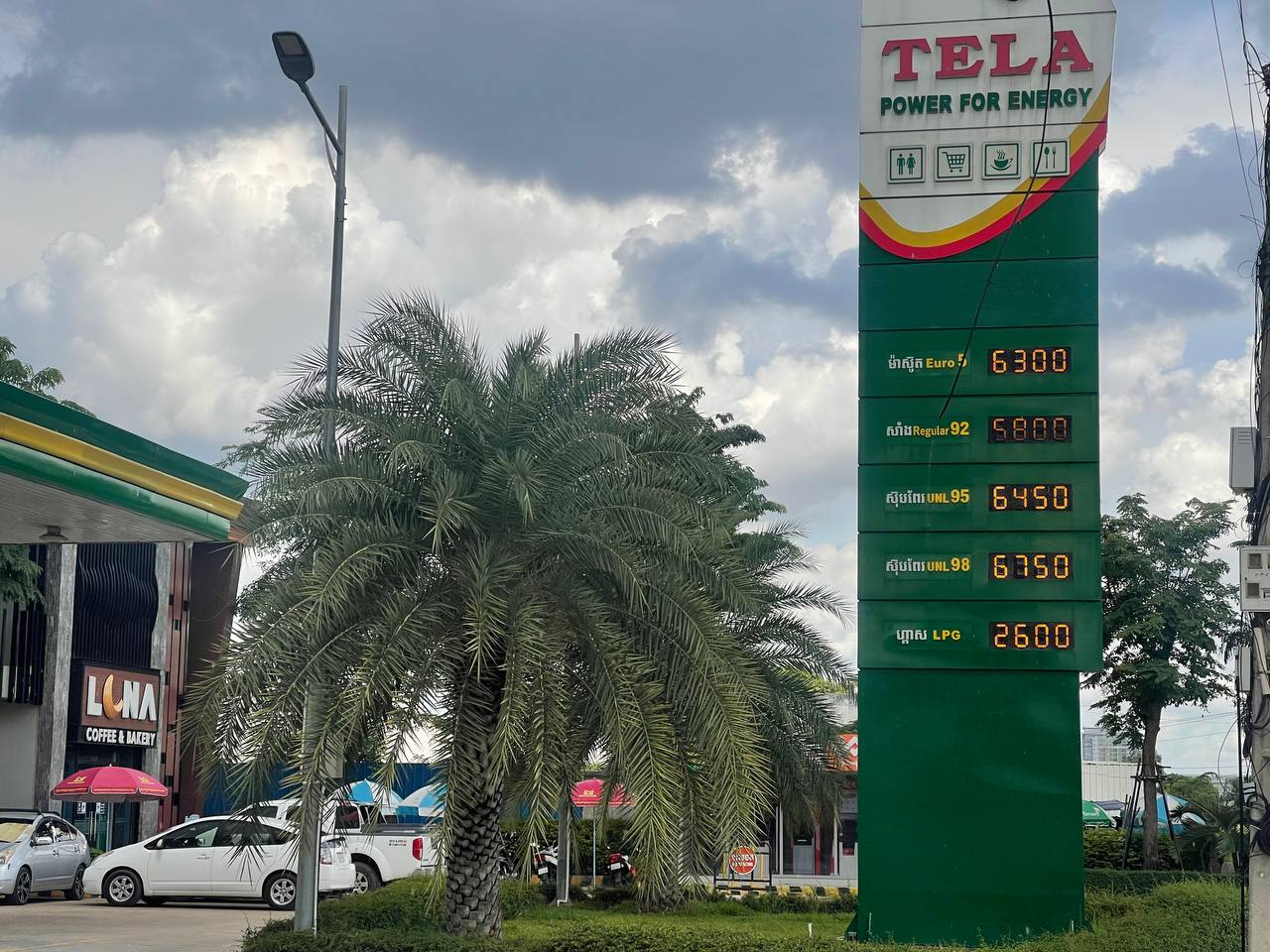The Decision on Where to Buy Fuel is a Private Right, Says Ministry of Commerce Spokesperson
PHNOM PENH: The Spokesperson for the Ministry of Commerce, Penn Sovicheat, told EAC News that the decision to buy fuel from Russia or other sources is the right of the private sector.
Speaking to EAC News on Wednesday, 22 June, Spokesperson Penn Sovicheat stated that Cambodia is a country with a free market economy and the Ministry of Commerce just acts as a regulator and facilitator, gives advice, and has no authority to order the private sector to buy goods or commodities from any specific source.
"We have observed that there is information that the price of oil bought from Russia is cheaper, but there is no indication or any incentive for the private sector to buy from any source, as it is the choice of the private sector to make their own decisions," said the Ministry of Commerce Spokesperson. "I cannot tell you about the source of oil on where it’s imported from [or] if it needs to change to a cheaper source, [as it] depends on the private sector to decide which source is cheaper to buy, easier to transport, easier to contact, buy from, etc."
The crisis of rising oil prices stems from Russia’s launched attack on Ukraine and the US-led West which subsequently imposed a series of sanctions on Russian energy, particularly cutting off Russian gas and oil exports to the world.
China and India have, however, seized the opportunity to buy crude oil from Russia for refining and distribution.
According to Reuters, China's crude oil imports from Russia saw a 55 percent year-on-year increase in May, knocking Saudi Arabia out of the list of top suppliers to China, as Russia offers supply discounts in the face of sanctions.
According to data from the Chinese Customs Administration, Russia's oil imports, including supplies pumped through pipelines in the Siberian-Pacific Ocean from Russia's European and Far Eastern ports, totaled nearly 8.42 million tons. This equates to about 1.98 million barrels per day (bpd), up from a quarter of 1.59 million barrels in April.
Data show that Russia has taken the top spot of suppliers as the world's largest exporter of crude oil after a 19-month gap, showing that Moscow can still find its buyers despite sanctions from the West and discounted prices.
In Russia, the current price is about 93 cents per liter. In the United States it is about $1.37 dollars per liter, and in France it is $2.19 dollars per liter.
The price of fuel sold in the Cambodian market between 21-30 June is 5,800 riel for regular gasoline and 6,300 riel for diesel.
Prime Minister Hun Sen has often spoken out against Russian aggression on Ukraine but has decided not to support any sanctions imposed on other countries, as this would lead to further losses that make the global crisis worse.
While addressing the World Economic Forum’s 'Strategic Outlook on ASEAN' session on 25 May, Prime Minister Hun Sen said, "These sanctions should be discontinued; it does not provide any benefits. Even those who impose them, lose themselves; even if our country is poor, the country that is imposing sanctions on Russia, what do they get in return? Now I bring up an example, if Russia cuts off gas to Europe immediately, what will Europe use instead of gas? Will they cut down trees to cook? But Russia has not cut the gas supply to Europe. Now, even what was once exported to Russia, or which Russia used to export, all is at a loss. It is like closing a door, so when it closes, we cannot get out, they cannot enter. So, sanctions affect all of us, including those of us who are not involved, it creates problems.”






















